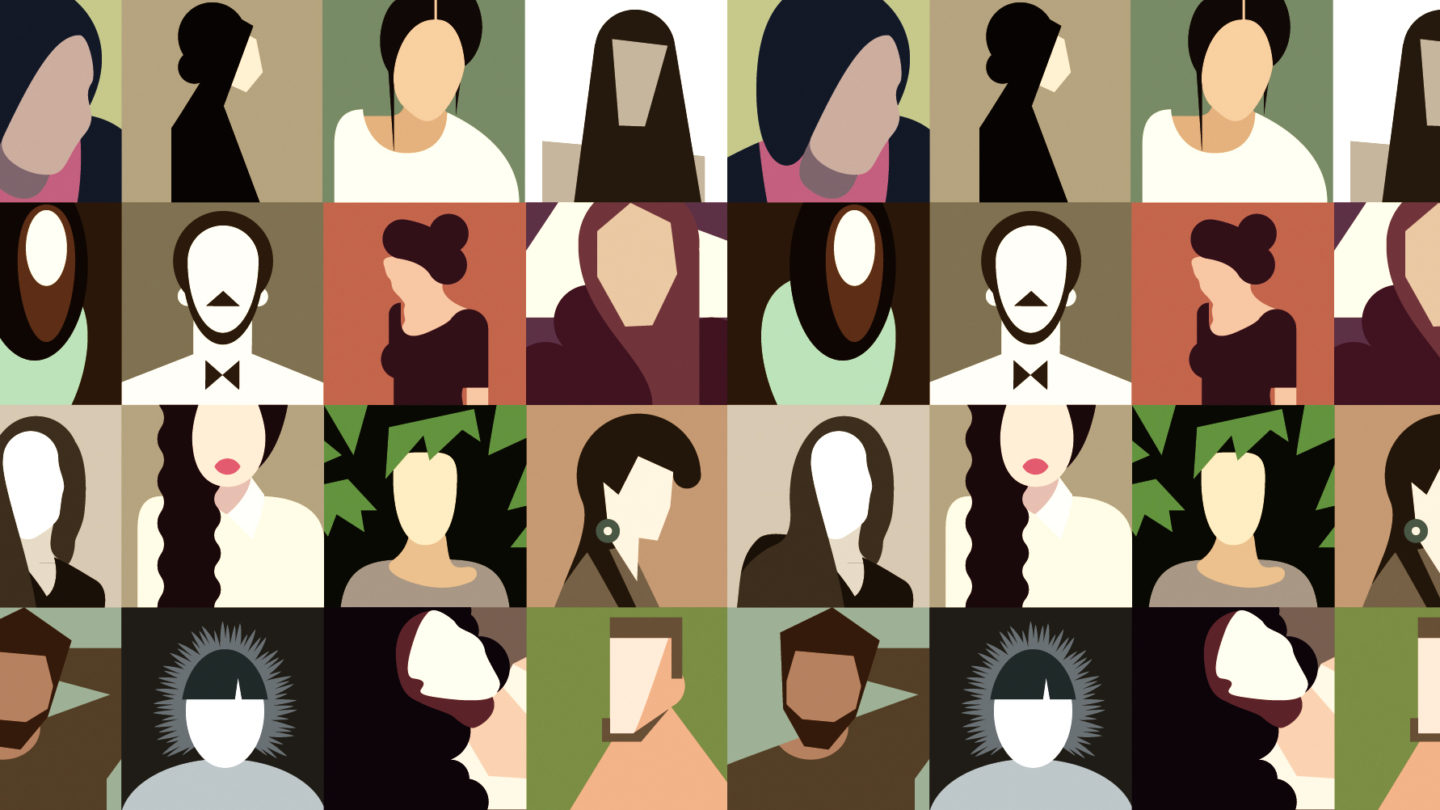Stacey Goguen
Boston University
One of the striking aspects of stereotype threat is that it demonstrates ways in which a stereotype that you might not necessarily believe (and perhaps even likely do not believe) can nonetheless significantly affect you cognitively and psychologically. For instance, math majors who are primed to think about a negative stereotype involving math and a social group they belong to are more likely to perform worse on a math test. But people who do not particularly care about math are less likely to show this dip in performance. That’s weird, right–that the people who are probably less likely to believe the stereotype (i.e. people actually majoring in math) seem more affected by it?
The kicker: performance is only the beginning.
Stereotype threat is, roughly, a kind of anxiety you experience when you realize that a negative stereotype about a social group you belong to could be considered salient in a context you find yourself in. Examples: you are a woman who steps into a math class or a gaming convention. You are a Latina/o or Black student trying out for your academic decathlon team or interviewing to be someone’s roommate. You are a trans man at an athletic competition. You are a White man at an athletic competition.
We might think of stereotype threat as a bit like the flip side to implicit bias: we often know what cultural biases and stereotypes other people might have about us and we sometimes worry about how these biases might affect people’s perceptions and judgments of us. Interestingly, it’s hard to pin down the propositional content of this sort of worry. My own hunch is it’s likely something like this: “If I mess up in this context, I might be devalued here (as a member of group X), and that sucks because I want to be valued here.”
This articulation of the worry is most relevant for evaluative contexts, that is, when you’re about do some hard task that others can or will evaluate you on. This is the context that most research on stereotype threat focuses on. And that research consistently shows that people who presumably experience this sort of worry/anxiety underperform those who do not. (This might sound rather obvious when put like that. The more surprising bit is, it’s frighteningly easy to get people to experience this worry/anxiety.)
But as I said, performance is only the beginning. Here’s a non-exhaustive laundry list of other effects stereotype threat may have:
–increase in self-defeating behavior (Aronson and Inzlict 2004)
–increase in self-doubt (Stangor et al. 1998)
–decrease in aspirations to pursue stereotype-related careers (Davies et al. 2005)
–increase in general anxiety (Ben-Zeev et al. 2005)
–increase in blood pressure (Blascovich et al. 2001)
–increase in feelings of dejection (Keller & Dauenheimer 2003)
–increased likelihood of disengaging one’s self-esteem from the stereotyped domain (Steele, Spencer, and Aronson 2002)
–increased likelihood of avoiding the stereotyped domain (Steele, Spencer, and Aronson 2002)
–decreased likelihood of identifying with the stereotyped domain (Steele, Spencer, and Aronson 2002)
(This first part of this list comes from Shapiro and Aronson 2013)
There is likely a whole lot of complicated psychological processes going on when people experience these other effects, so I will hedge the claim that no one experiencing stereotype threat “believes” the stereotype about their group is true, especially if they experience self-doubt or dejection. But I will note, it is possible that they don’t! Their self-doubt could be regarding their ability to succeed and be valued in the stereotyped domain, as opposed to being a doubt about their actual worth or skill in the domain.
Or, perhaps some people give more credence to a stereotype as a result of experiencing stereotype threat, not as a cause of it.
This is an issue I address in my chapter, “Stereotype Threat, Epistemic Injustice, and Rationality” in Volume I of Implicit Bias and Philosophy.
I argue that stereotype threat could be one mechanism that sets in motion what W. E. B. Du Bois refers to as “the temptation of doubt”–the temptation faced by those experiencing oppression to doubt their own value and accept the unjust hierarchies of their social world that decree them to be fundamentally inferior to others.
While there has already been a lot of work in both the sciences and humanities on internalized oppression, I specifically trace out how a phenomenon like stereotype threat–that may not require internalized belief in the relevant stereotype–might still get us to a point where we doubt our own humanity or personhood.
One of the ways this might happen is that experiencing stereotype threat could cause instances of “hermeneutical injustice,” which Miranda Fricker defines as (roughly) a case where we cannot full understand some social experience we have had because the available resources for doing so (our vocabulary, interpretative frameworks, etc.) are unjustly impoverished.
If someone experiences part of that laundry list of effects I mentioned above, including self-doubt, they might not fully understand why–for instance, if they are not able to identify their anxiety as likely stemming from stereotype threat. This could create a snowballing effect of self-doubt, that, to borrow a phrase from Fricker, could knock their faith in their basic ability to make sense of their world. And if your epistemic self-trust is being undermined in this way, that might leave you open to the Temptation of Doubt that whispers in your ear, maybe the world is right about people like you.
References
Du Bois, W. E. B. (1903/2009). The Souls of Black Folk. eBook, The Journal of Pan African Studies. Retrieved November, (2013. https://www.jpanafrican.com/ebooks.htm)
Fricker, Miranda (2007). Epistemic Injustice: Power & the Ethics of Knowing. Oxford: Oxford University Press.
Shapiro, Janessa and Joshua Aronson. 2013. “Stereotype Threat” in Stangor and Crandal, eds, 2013. Stereotyping and Prejudice. Psychology Press.
Steele, Claude, Steven Spencer, and Joshua Aronson. 2002. “Contending with Group Image: The Psychology of Stereotype and Social Identity Threat.” Advances in Experimental Social Psychology, 34: 379-440.

